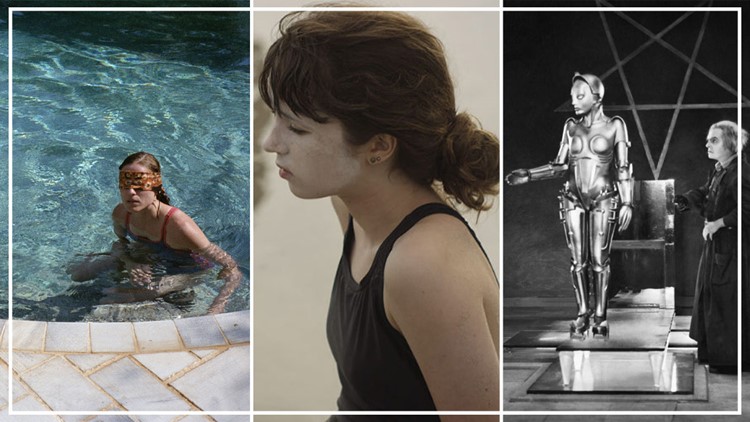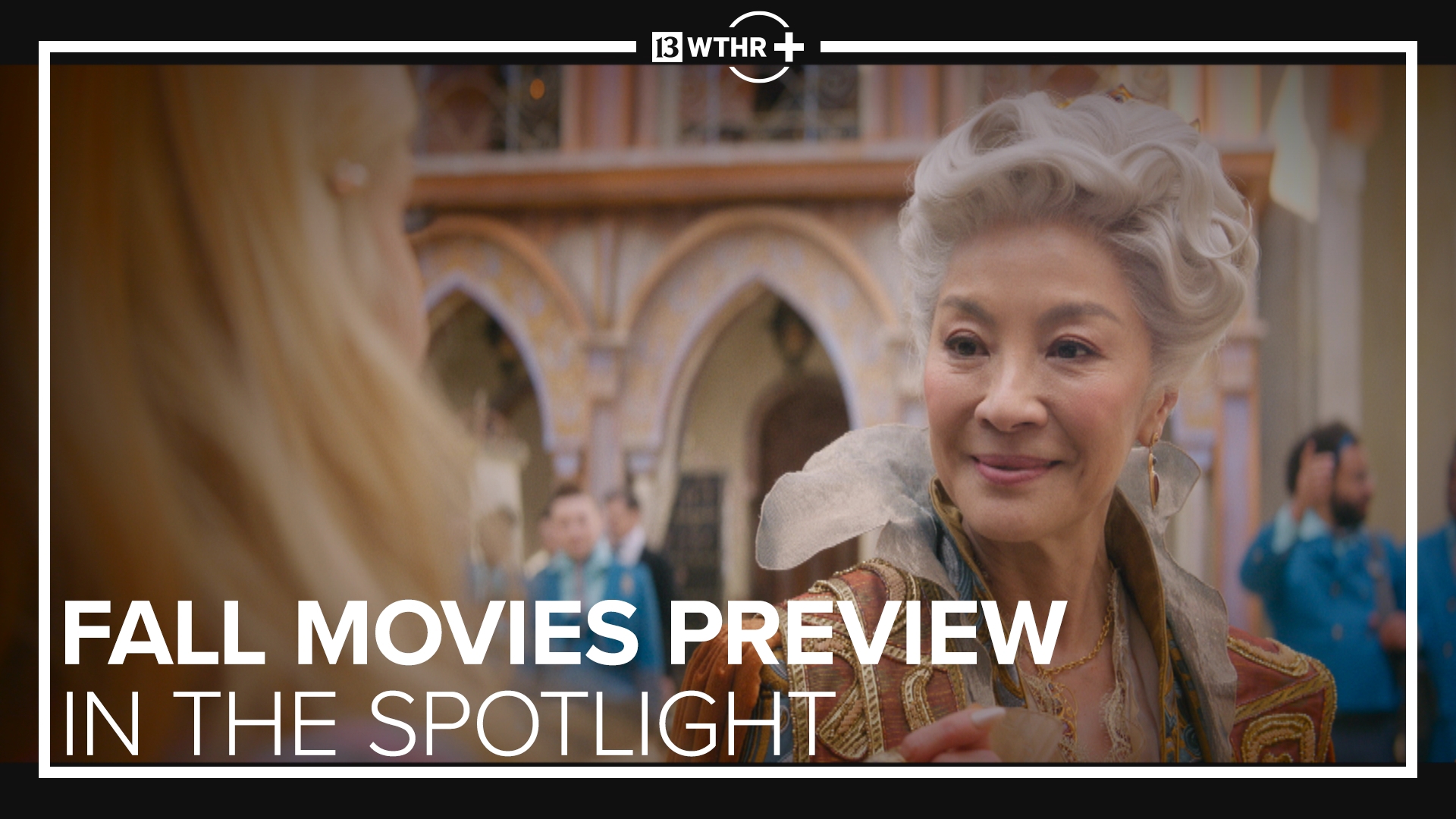TEXAS, USA — Listen, we get it: Perusing the rows and rows of options that make up a movie-centric streaming service you've just signed up for can be daunting. Before you know it, you've spent the duration of a film just looking for something to watch on any given night, the distractions piling up and second- and third-choices stacking.
In the case of Kanopy, which has dozens of movies spanning decades, genres and countries, it can be especially tough. Now that San Antonio Public Library card holders get access to the streamer for free, however, we can provide some help.
Below, KENS 5 Film Critic David Lynch provides a healthy weekend's worth of movies now available on Kanopy to start with. Taken together, they provide a snapshot of the platform's eclectic variety and ripe potential for discovery.
Must-see classics
Like any online film catalogue worth its cellophane salt, Kanopy is a place where you can kickstart your own personal education in cinema history. Two of its offerings in particular are essentials of their respective genres.
"Metropolis," the groundbreaking 1927 silent film from auteur Fritz Lang, remains a masterclass in production design and environmental storytelling nearly a century later. Telling the entrancing story of a working-class uprising and the mad scientist who tries quelling it with a robotic Messiah, "Metropolis" remains influential in scifi cinema decades later, and a wildly impressive filmmaking accomplishment.
As does "Nosferatu," F.W. Murnau's spectacularly eerie tale of Count Orlok and his reign of terror. To watch it is to reach even further back into cinema's history (it released in 1922), but don't let that discourage you: It's a vampiric horror as engrossing as any modern bloodsucking adventure.
You'd do well to watch it soon, too: "The Witch" and "The Northman" director Robert Eggers is producing his own take on "Nosferatu," with Pennywise himself, Bill Skarsgard, in the role of an entirely different monster.
International thrillers
In case you haven't heard, Europe's thriller output has been impressive as of late (See: "Speak No Evil," "Sundown," "The Innocents"... and that's just from this year). In fact, our friends across the pond have for decades excelled at producing cinema to make the hairs on the back of your neck stand.
One movie that proves it is among the most distinctive genre movies of the last decade: Ana Lily Amirpour's "A Girl Walks Home Alone at Night," from 2014. Putting a modern twist and urban backdrop on vampire tales, the black-and-white movie is a slow-burn but quick to impress with its methodical pacing. It showcases a young filmmaker's willingness to experiment with well-established tropes of the medium, simply by bringing a new perspective.
Speaking of new perspective...
Before David Fincher's adaptation garnered several Academy Awards nominations, Niels Arden Oplev's Swedish-language "Girl with the Dragon Tattoo" adapted the uberpopular crime novel with a brooding lens worthy of Fincher himself. It's actually worth watching the entire trilogy (all three are available on Kanopy), if for no other reason than to bear witness to Noomi Rapace's star-making turn as the pierced, take-no-mercy hacker Lisbeth Salander.
Modern dramas
Before he broke out in America with his Oscar-nominated "The Lobster," Greek New Wave filmmaker Yorgos Lanthimos enraptured cinephiles with 2009's "Dogtooth"—a most beguiling, and even more unpredictable, take on the family drama.
It chronicles the days of a household that has all but cut itself off from the outside world, and finds Lanthimos exploring the nature versus nurture debate with a story that never doesn't feel like it's about to fly completely off the rails. The miracle of "Dogtooth" is that it's as strangely moving as it is totally absurd...kind of like "The Lobster."
Then there's "It Felt Like Love," a far saner but no less gripping story about a young girl who learns how reality doesn't always live up to our fantasies. It comes from the director Eliza Hittman, a filmmaker with a remarkable affinity for crafting personal stories through the sheer power of observation.
Here that means ensnaring us in the perspective of young Lila (Gina Piersanti, in an incredibly perceptive performance), and the volatile path she takes to affirm her budding infatuation. It's a crushing movie, no less because it takes us right back to an age when we might have acted similarly. Or did.



